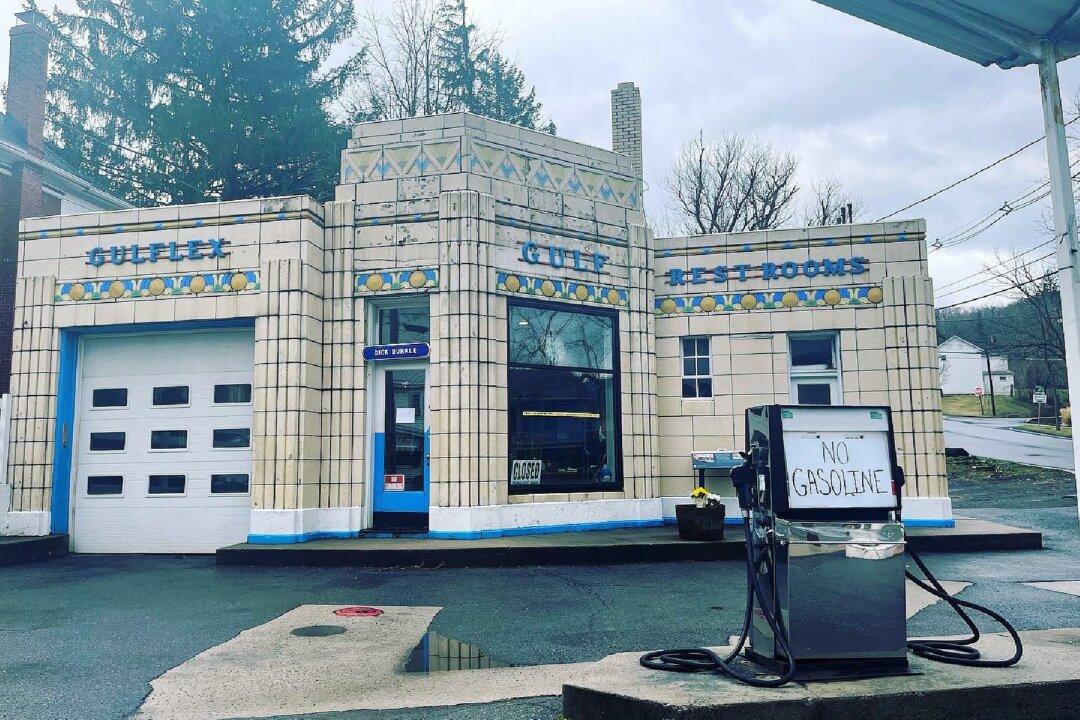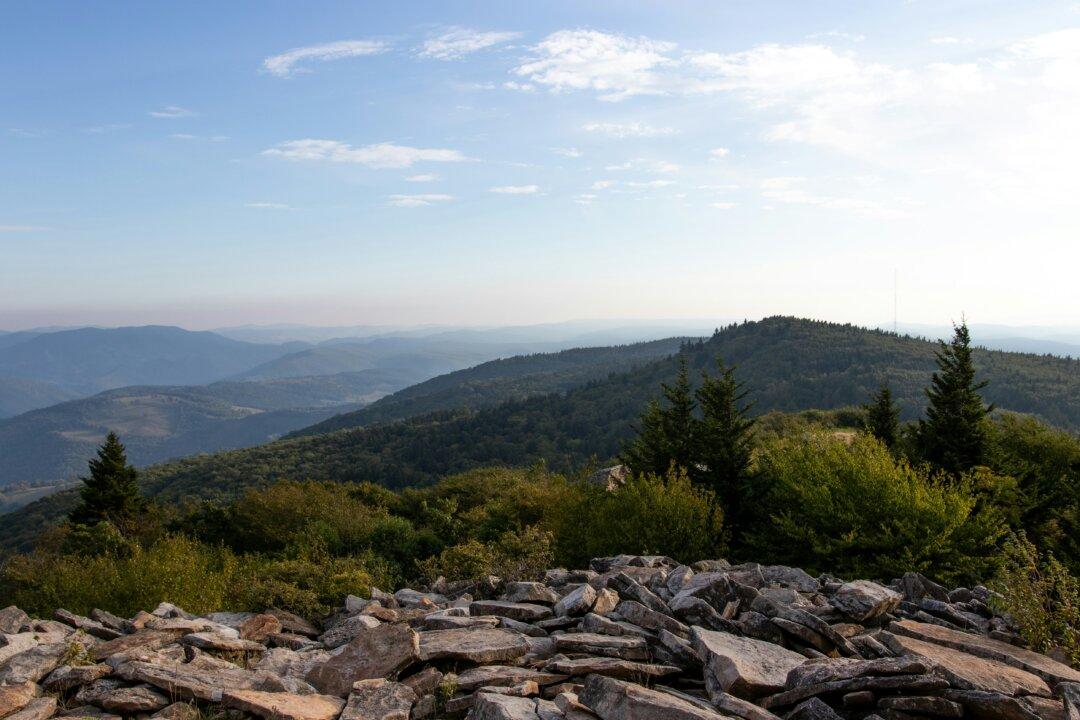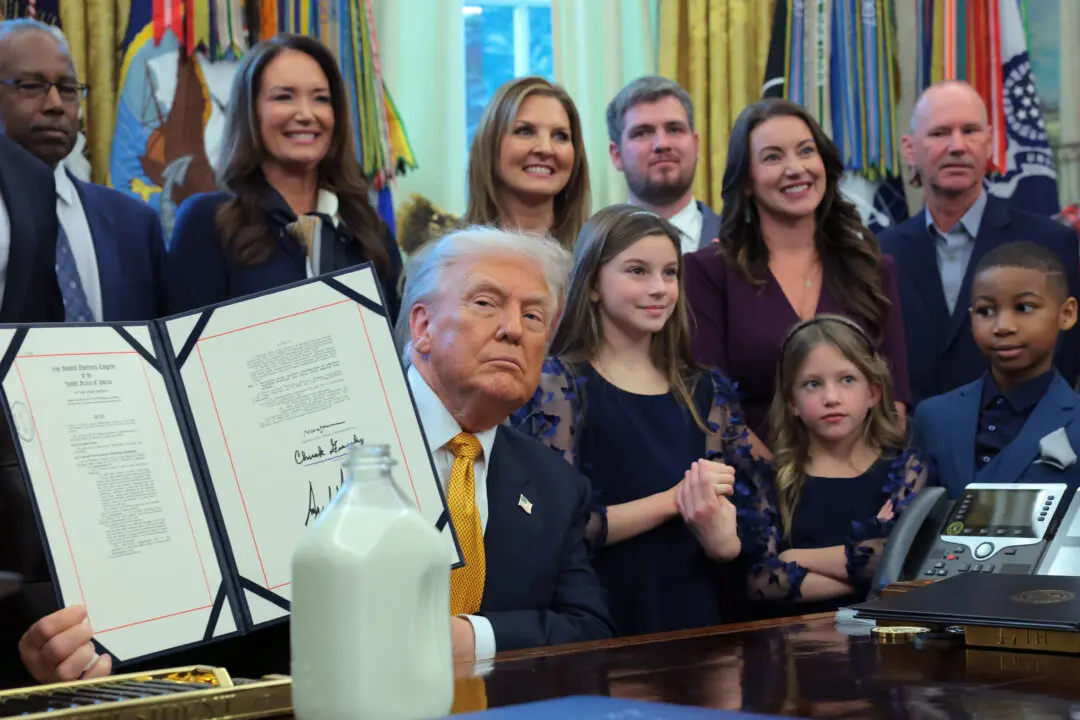Commentary
BEDFORD, Pennsylvania—Two weeks ago, Jack Dunkle was sitting with his best friend, Bob Barnes, at his auto parts store along U.S. 30. Barnes was telling a story to his friend of over 40 years. Dunkle looked pale, but he waved Barnes off when asked if he needed anything.





